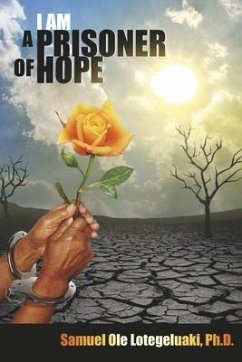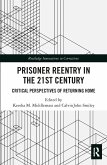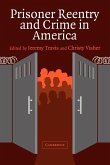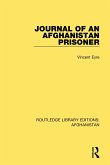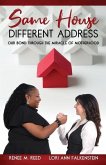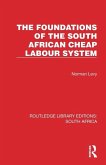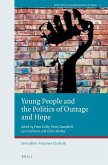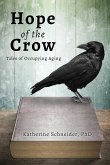This book is written at a time when political divisiveness, polarization, extremism, hate crimes, xenophobia, and violence are increasing at an alarming rate. Furthermore, the racial inequality and injustices that led to the Civil Rights Movement have not been fully remedied. In "I Am A Prisoner of Hope," Samuel Lotegeluaki offers insight into the assumptions, attitudes, fears, and greed that have led to some of these current problems. He challenges readers to view themselves as stewards (not owners) of this earth and to look for what we have in common with others, rather than what divides us. Hope is seen as the driving force that sustains people through horrific circumstances and propels them to seek a better situation. Suggestions are made for how we might begin to heal the hurts and make the world a better place.
Hinweis: Dieser Artikel kann nur an eine deutsche Lieferadresse ausgeliefert werden.
Hinweis: Dieser Artikel kann nur an eine deutsche Lieferadresse ausgeliefert werden.

